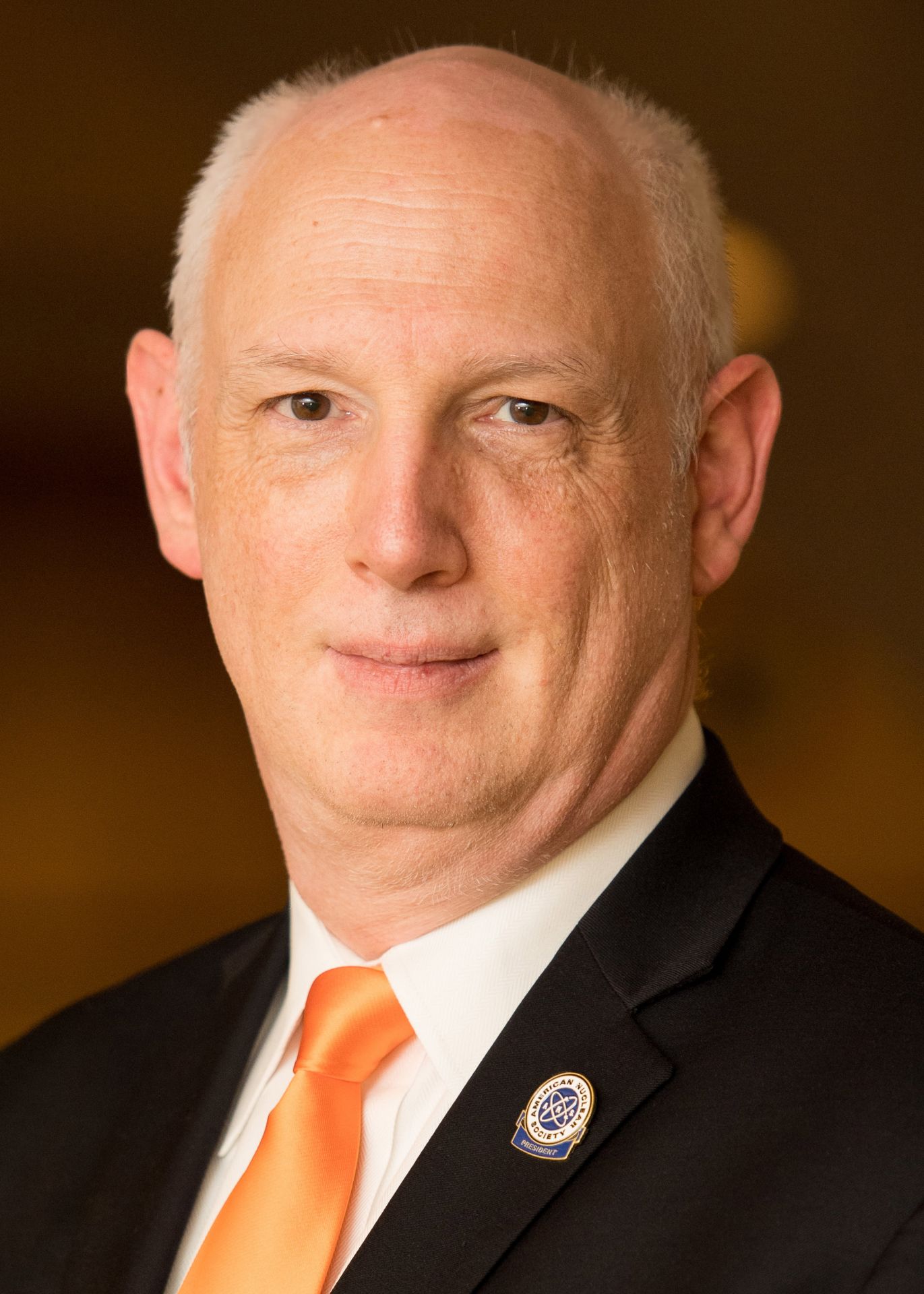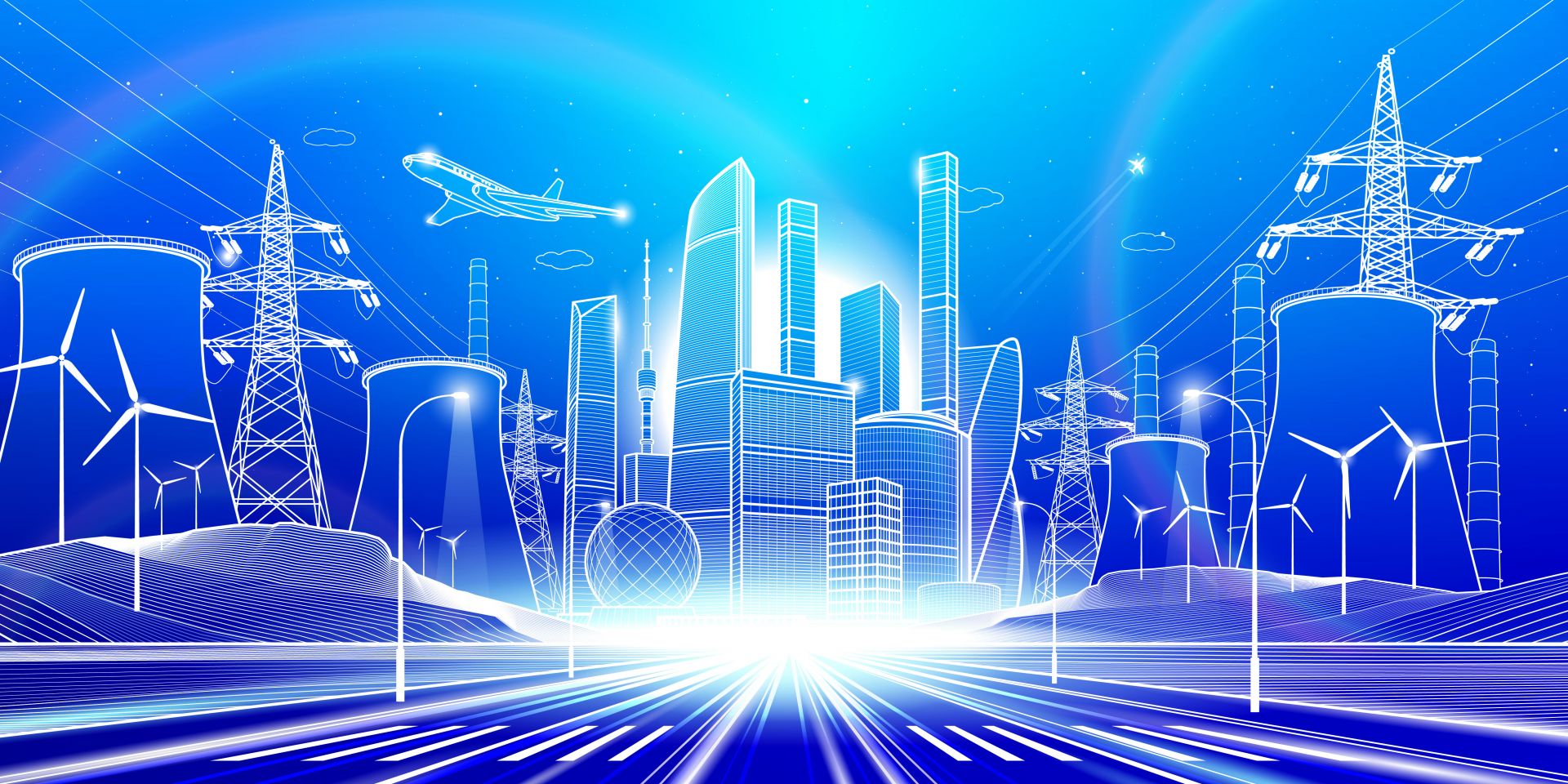Egyptian and Russian officials inaugurate construction of El Dabaa-3 on May 3. (Photo: Nuclear Power Plants Authority)
The main construction phase for Unit 3 at Egypt’s El Dabaa nuclear power plant project has begun, Russia’s state-owned nuclear energy corporation Rosatom announced last week.
May 5, 2023, 3:03PMNuclear NewsCory Hatch and Richard Boardman At INL’s HTSE testing facility, researchers are advancing hydrogen production by shepherding HTSE through a series of technological advancements, economic analyses, and testing. (Photo: INL)
On December 20, 1951, researchers used energy produced by Experimental Breeder Reactor-I near Arco, Idaho, to illuminate four 200-watt lightbulbs. Since then, utilities have built commercial nuclear power plants in the United States almost exclusively to generate electricity. This has worked well alongside other power generation and transmission infrastructure—large oil- and coal-fired, natural gas turbine or hydroelectric plants, and a relatively simple electrical grid designed to deliver reliable power.
Humanity is now embarking on an epic and complex energy transformation across the grid, industry, and transportation. Renewables like wind and solar are contributing an increasing share of carbon-free electricity to the grid, but that contribution is variable and hard to predict—sometimes those sources produce more electricity than the grid needs, and sometimes less.
Rendering of a Westinghouse AP300 plant. (Image: Westinghouse)
At a virtual press conference this morning, Westinghouse Electric Company president and chief executive officer Patrick Fragman announced the launch of the AP300 small modular reactor, a 300-MWe, 900-MWth single-loop pressurized water reactor based on the company’s larger AP1000 unit. Fragman was joined at the conference by David Durham, president of energy systems for Westinghouse, and Rita Baranwal, the firm’s chief technology officer. The company also released a short video introducing the AP300 on YouTube.
The Vogtle-4 turbine building in March. (Photo: Georgia Power)
Georgia Power has announced another key milestone for the Vogtle nuclear expansion project near Waynesboro, Ga.—the completion of hot functional testing at Unit 4. This achievement marks another significant step toward commercial operation for the Generation III+ AP1000 reactor, which is projected to enter service late in the fourth quarter 2023 or in the first quarter 2024.
Joo Han-Gyu, KAERI president, on teleconference with Albertan ministers Brian Jean and Rajan Sawhney during the signing of the MOU. (Photo: KAERI)
The Korea Atomic Energy Research Institute (KAERI) and the government of Alberta have agreed on a comprehensive cooperation framework to explore the viability of using small modular reactors to help decarbonize the province—Canada’s biggest energy producer and its biggest polluter. The announcement comes the same week that Alberta’s United Conservative Party government released a climate plan aimed at reaching net zero by 2050.
A rendition of Terrestrial Energy’s IMSR. (Image: NRC)
The Canadian Nuclear Safety Commission (CNSC) has completed phase two of its prelicensing vendor design review for Terrestrial Energy’s Integral Molten Salt Reactor (IMSR), the Ontario-based advanced nuclear technology firm announced Tuesday. Phase one of the VDR commenced in April 2016 and was completed in November of the following year.
Representatives of six nuclear organizations sign a declaration in Sapporo, Japan. Seated, left to right, are George Christidis (representing CNA chief executive officer John Gorman), Shiro Arai, Maria Korsnick, Tom Greatrex, Yves Desbazeille, and Sama Bilbao y León. (Photo: World Nuclear Association)
G7 governments should support life extension for today’s power reactor fleet, restart operable units, and accelerate the deployment of advanced reactors, states a joint declaration issued April 16 at the Nuclear Energy Forum, a first-of-its-kind colloquy held on the margins of the G7 Ministers’ Meeting on Climate, Energy and Environment in Sapporo, Japan.
The Neckarwestheim nuclear power plant in Germany.
Ignoring a last-minute plea from a long list of scientific luminaries (including Nobel laureate Steven Chu and climate scientist James Hansen) to reconsider, as well as recent polls showing pronuclear sentiment among a majority of its population, Germany shut down its last three operating nuclear power plants late Saturday, ending 60-plus years of electricity generation from fission. (Germany’s first nuclear power plant, Kahl, was commissioned in 1961 and closed in 1985.)


-3 2x1.jpg)
 A recent multinational survey of attitudes toward nuclear energy has found widespread public support for advanced nuclear technologies in countries around the world, according to the 50-page report
A recent multinational survey of attitudes toward nuclear energy has found widespread public support for advanced nuclear technologies in countries around the world, according to the 50-page report 












